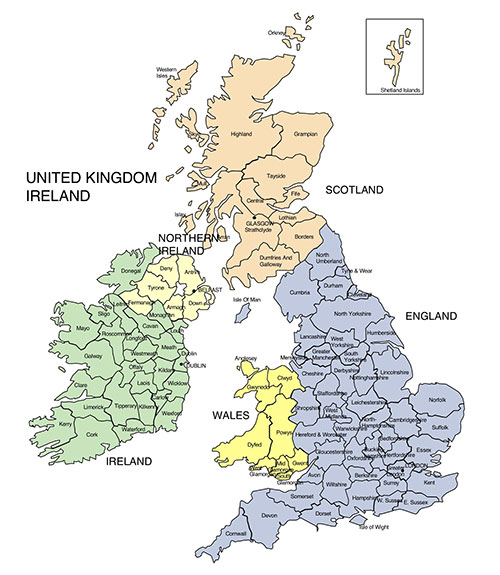
UK energy suppliers sign up to tougher new Code of Practice on involuntary prepayment installations
All British domestic energy suppliers have signed up to an updated Code of Practice and tougher Ofgem oversight of prepayment meters (PPMs) that are enforced under warrant installations or remotely switched without consent (all involuntary installations).
The Code of Practice sets out clear procedures that suppliers must follow, strengthening protections for customers in vulnerable situations.
The new Code was developed in consultation with Citizens Advice, Energy UK and other key stakeholders. Implementation of the Code will be subject to new detailed monitoring by energy regulator Ofgem.
Ofgem requires suppliers to work with, and support customers, who are struggling to pay their bills, to limit the build-up of bad debt, for the benefit of all consumers.
Although PPMs can often be helpful for people to manage bills, they need to be used fairly and are not suitable for some vulnerable consumers.
Ofgem is already investigating suspected poor practice in this area, including through a market-wide review.
The Code builds on existing protections by setting out more specific high-risk categories, where involuntary installations should be banned. It also clarifies that every single involuntary installation is always the last resort, when all other options have been exhausted – and only where it is safe and practicable to do so.
Suppliers should not restart involuntary PPMs until they can demonstrate readiness to implement the new Code.
Ofgem will be consulting on incorporating the Code into suppliers’ licences, which would make it legally enforceable.
All of the existing rules and provisions remain enforceable and Ofgem continues to check compliance against them.

The Code includes that suppliers and their contractors must:
- Make at least 10 attempts to contact a customer before a PPM is installed
- Carry out a site welfare visit before a PPM is installed
- Refrain from all involuntary installations for the highest risk customers including:
- Households which require a continuous supply for health reasons, including dependence on powered medical equipment
- People over 85 years of age (if there is no other support in the house)
- Households with residents with severe health issues including terminal illnesses or those with a medical dependency on a warm home (for example due to illness such as emphysema, chronic bronchitis, sickle cell disease)
- Where there is no one within the household that has the ability to top up the meter due to physical or mental incapacity
- Audio or body cameras worn by lead supplier representative present on all warrant installations or site welfare visits to check for vulnerabilities ahead of an involuntary installation or remote mode switch. All audio and footage will be available for audit
- Give a £30 credit per meter (or equivalent non-disconnection period) applied on all warrant installations and remote switches as a short-term credit/measure to remove the risk of customers going off supply
- Re-assess the case once a customer has repaid debts owed. Suppliers must contact the customer to offer assessment of whether a PPM remains the most suitable and preferred payment method of choice for consumers; if any PPM customer is clear of debt and wishes to move off PPM (understanding any changes in the tariff they will pay), the supplier must agree where the customer passes any required credit checks.
Information Source: Read More
Energy Monitors , Electric Power , Natural Gas , Oil , Climate , Renewable , Wind , Transition , LPG , Solar , Electric , Biomass , Sustainability , Oil Price , Electric Vehicles,


